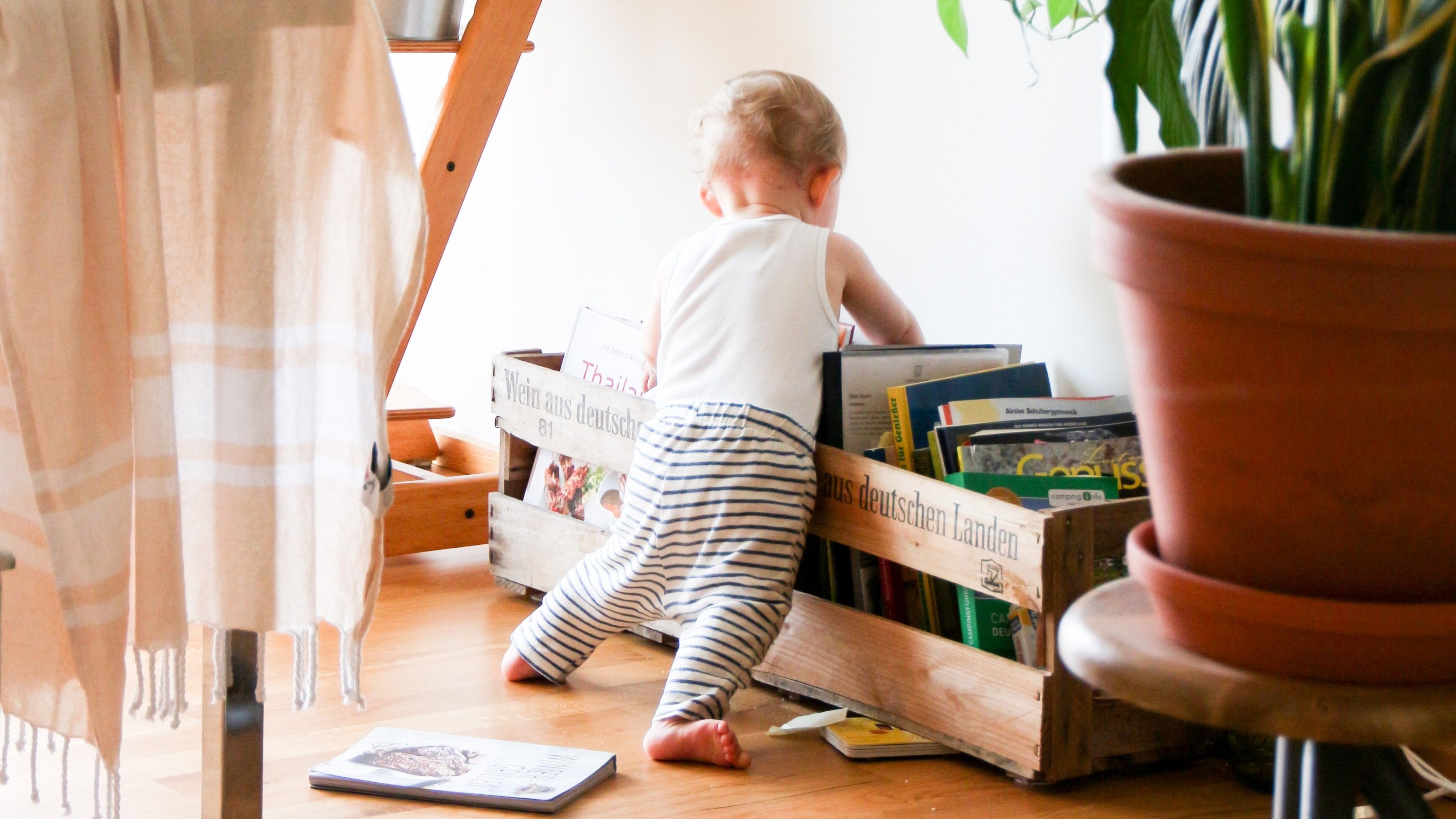Rhetoric - Its effect can move the masses
There is no clear definition of rhetoric. Some define it as art, others as science. Both are correct.
Children growing up multilingual have better social skills and not only learn an additional language but also another culture.

Read this article in: Deutsch, English, Español
Estimated reading time:4minutesMy parents are immigrants and I grew up learning two languages. At home my parents only spoke their mother tongue, as especially my mother who didn't speak perfect German, didn't want me to learn her mistakes. My parents made the right call here. In the end, my brother and I did learn perfect German in kindergarten and at school. We have been exposed to the German language everywhere, so that we consider it now our mother tongue. We speak perfectly and have a vast knowledge about our homeland language. We cannot say the same about our actual mother tongue which we only speak with our parents.
Children who grow up multilingual have better social skills. At an experiment at the University of Chicago children had to react to directions from adults. The group consisted of 24 monolingual children, 24 children who were exposed to other languages in their environment and 24 children who spoke and understood at least a second language. The children stood on one side of a shelf that had different objects placed inside, like a small, middle and large car. The other side of the shelf where the adult person was standing, was partially covered, so that the adult person could only see the middle and large-sized car. As the children had seen both sides, they were aware that the adults couldn't see everything they saw. Now the children were asked to move the small car, which from the adult's perspective was the middle-sized one. From the monolingual children only 50 % moved the correct car, from the other two groups 76 % and 77 % of children understood the request correctly.
Children from multilingual environments differ between situations and people in regard to the language spoken. Therefore, they are better in taking the speaker's perspective and develop an empathy towards their speaking partner, as they learn from the beginning that the other person could mean something different than they're understanding. They take the other person´s point of view. Also the different gestures, facial expressions and melodies in different languages train the kids in recognizing the difference. The children learn a wider spectrum and are able to interpret signals easier based on that.

Using more than one language raising a child, you'll need to follow some rules to avoid problems. A child is able to differentiate between two or more languages. If mother or father speak another language than the environment, this parent should stick to his or her mother tongue when speaking to the child. It's important that parents talk fluently to their children in a language they are comfortable with. The child would have more disadvantages if a parent spoke in broken German for example. It would learn the mistakes, which later are much harder to correct.
Furthermore, you should stick to one language and not mix words. Doing so also your child would have trouble differentiating the languages and mix the words like the parents do. However, it can happen that children use words from the second language, because they may not know this word in the other language and simply use the word they know to express what they want to say. This doesn't necessarily mean that the child doesn't see the difference. Mostly this only occurs talking to people who also understand both languages, so that the speaking partner can still understand what the child is saying. As a parent you should correct the child's mistakes and be consistent in using only one language. After a while this problem will resolve itself.
It can also happen that a child only uses one language for some time and refuses to use another. Parents shouldn't be too strict in that case. It's important not to adjust your language as a parent, but to stick to your mother tongue no matter in which language your child is answering. The child may be more comfortable in one of the languages or had attracted negative attention to the language he or she refuses to speak. As long as the child continues to hear the language in question it will learn and begin to speak again at some point.
It's a misbelief that bilingual children speak both languages rather poor. If parents follow the rules mentioned above the child will have no problems learning two or three languages perfectly. Should a child only have contact with a foreign language through the grandparents for example, it will obviously have an effect on the knowledge level, depending on the amount of time spent together. But this also is true for adult's learning a new language, the more your exposed to it, the better you'll learn it.
Another positive factor shows when you're growing old. People who grew up learning more than one language, or learned it later in life, get affected by dementia significantly later. The same brain area that is affected by dementia is also more developed if you learn a language. So if this area is better developed, the longer it takes for dementia to have a noticeable effect.
In that case, get your memorizing apps out and start learning a new language. You can use alugha.com to watch videos in several languages.
Bye,
Helena
#alugha
#multilingual
#everyoneslanguage
| Code | Name | Views | Percentage |
|---|---|---|---|
| eng | English | 475 | 76.86% |
| spa | Español | 85 | 13.75% |
| deu | Deutsch | 58 | 9.39% |
| Total | 618 | 100% | |
There is no clear definition of rhetoric. Some define it as art, others as science. Both are correct.
How does our mother tongue influence our thinking? Are we more intelligent because of a more differentiated language?
Tomorrow, on December 18, the last movie of the third Star Wars trilogy, the saga's end, will arrive in cinemas. Another battle between good and evil, between Resistance and Empire, or rather the First Order.